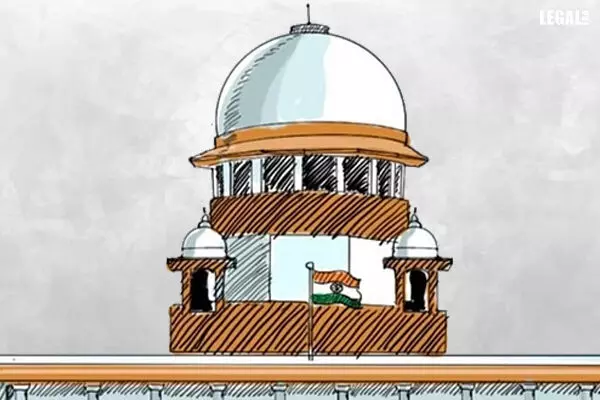
NCLAT Member Resigns After Supreme Court Contempt Notice: A Closer Look
Last Updated on November 7, 2023 by Administrator
Introduction:
The resignation of Mr. Rakesh Kumar, a judicial member of the National Company Law Appellate Tribunal (NCLAT), in the aftermath of a Supreme Court contempt notice has stirred legal circles. This article delves into the details of the case, examining the events leading to his resignation and the implications for the NCLAT.
Issues:
The central issue at hand is Mr. Kumar’s resignation following a contempt notice from the Supreme Court. This notice was issued due to a judgment passed by Mr. Kumar that allegedly defied an interim order of the Apex Court, highlighting a significant clash between two judicial bodies.
Reasoning:
Senior Advocate PS Patwalia, representing Mr. Kumar, informed the bench led by Chief Justice of India DY Chandrachud about the resignation during the contempt case hearing. Patwalia emphasized that Mr. Kumar’s actions were not intentional affronts to the Supreme Court’s order but perhaps errors of judgment. He highlighted Mr. Kumar’s long and unblemished career as both an advocate and a High Court judge.
The controversy stems from a judgment delivered by NCLAT members on October 13, despite an interim order by the Supreme Court issued on the same day. The crux of the matter revolves around the communication, or the lack thereof, of the Supreme Court’s order to the NCLAT members.
Arguments:
Solicitor General of India Tushar Mehta, representing Technical Member Alok Srivastava, offered an unconditional apology and conceded that the judgment’s pronouncement should have been deferred when lawyers orally apprised the NCLAT bench about the Supreme Court’s order. This revelation underscores the need for better communication between judicial bodies.
Conclusion:
The Supreme Court’s order emphasizes the importance of adhering to its directives and maintaining respect for its decisions. It sets a precedent for ensuring that legal orders are followed diligently. The resignation of Mr. Kumar underscores the gravity of the situation, and it remains to be seen how this incident will influence future interactions between the NCLAT and the Supreme Court. Ultimately, this case serves as a reminder of the need for harmonious functioning between all judicial bodies and the paramount importance of respecting legal orders.
Written by Athi Venkatesh




